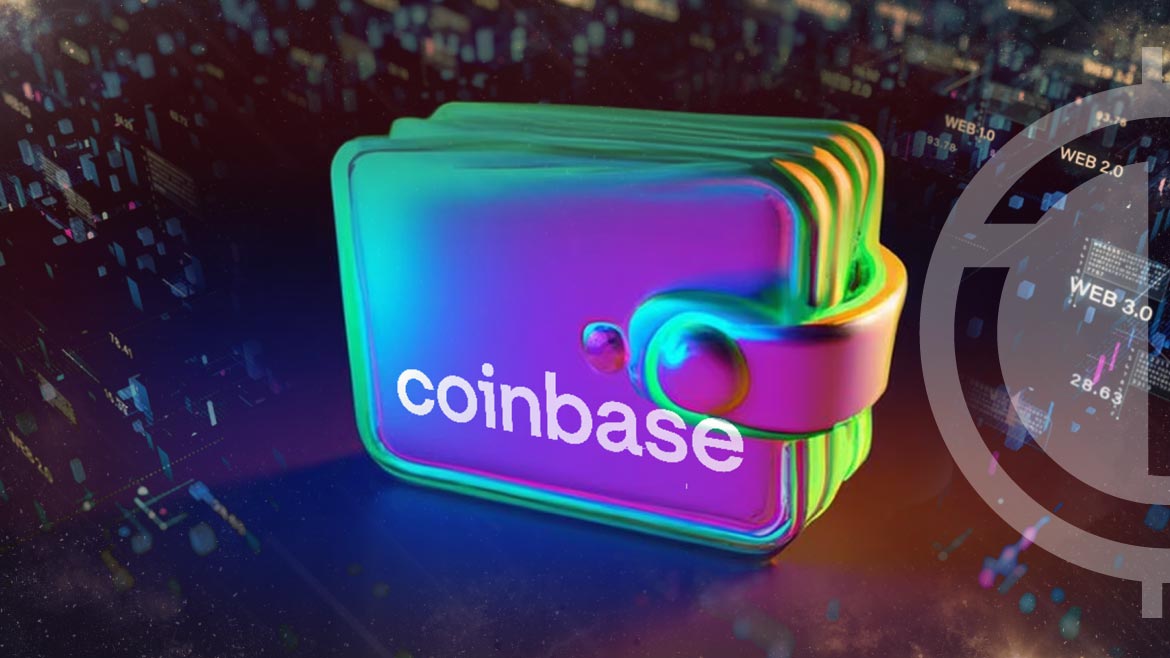
Cryptocurrency exchange Coinbase has launched a wallet-as-a-service (WaaS) solution for enterprises looking to offer Web3 wallets to their customers. The solution aims to simplify the adoption of Web3 products and services by providing technical infrastructure to create and launch customizable on-chain wallets.
It provides a wallet application programming interface (API) that enables businesses to create wallets for simple customer onboarding, loyalty programs, or in-game purchases. According to Patrick McGregor, head of product at Coinbase’s Web3 Developer Platforms, the WaaS solution provides control over end-to-end product experiences, reduces implementation cost and complexity, and helps brands improve security while reducing risks.
A seamless experience for users
WaaS is a set of APIs that are both scalable and safe, and they are designed to hide the complexities of the blockchain so that users may access web3 wallets with the simplicity of web2 wallets, all while having Coinbase do the heavy lifting.
The user-friendly solution allows users to create, access, and recover wallets with as little as a username and password. MPC technology aids in the security of user assets by dividing, encrypting, and distributing keys across numerous parties.
Coinbase’s WaaS venture comes only two weeks after the company launched Base, its own Ethereum Layer 2 network, in February. Companies such as Floor, Moonray, thirdweb, and tokenproof are presently using the WaaS infrastructure.
Some organizations, according to McGregor, are seeking to build for Web3 ahead of the next bull market, a time in which cryptocurrency values normally soar. Coinbase is seeing a lot of interest in token-gated content, shifting loyalty programs on-chain, deep connections between games and user-owned assets, and other things.
The WaaS toolkit includes multi-party computation (MPC), a type of encryption that allows many parties to compute a function together without exposing their inputs to one another. MPC is supposed to improve private key security inside Web3 systems in practice. Users may store their digital assets more securely with an MPC crypto wallet since their private keys are divided into many sections and dispersed among the protocol’s participants.














